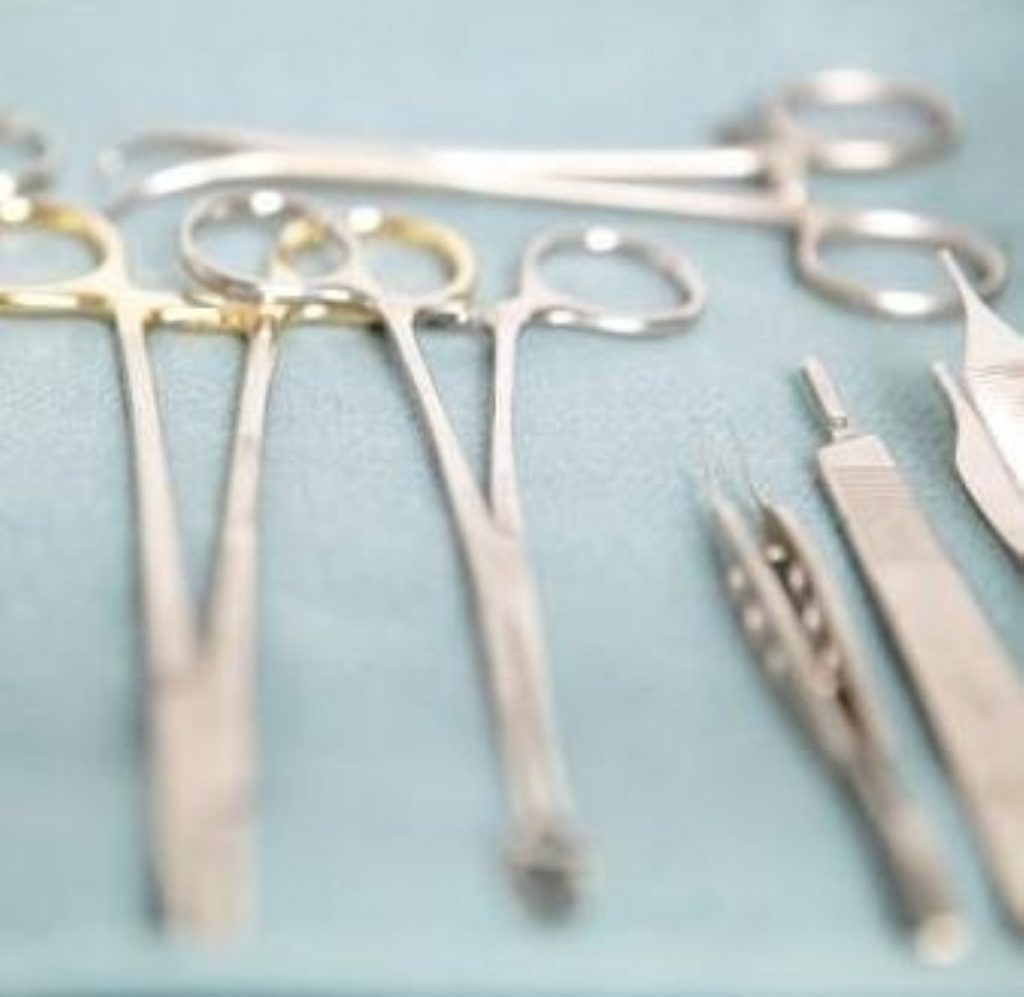NHS spending ‘fails to deliver results’
The huge increase in NHS spending has failed to lead to a similarly large improvement in services, a new report has warned.
Research by social policy think tank Civitas says that despite a doubling of funding in real terms from £44.9 billion in 2000 to £76.4 billion last year, “service improvement has in too many areas resembled a country stroll”.
Author James Gubb notes that key targets on cancer care, waiting times and coronary heart disease have been met, but finds there has been an “abysmal performance” in tackling public health, in particular obesity, which has risen by 500 per cent since 1980.
He also warns of “serious shortcomings” in mental health and stroke care – the UK is the only developed country in the Organisation for Economic Co-Operation and Development (OECD) where mortality rates for strokes have not improved since 1999.


The report highlights how some NHS trusts are guilty of “gaming” in working to meet targets, which go against the spirit of reform. This includes holding patients in ambulances outside A&E the four-hour target for emergency treatment can be met.
The British Medical Association (BMA) rejected the report’s suggestion that the increased investment had been wasted, citing the fall in waiting times in a number of specialities including cancer care and heart disease.
But Jonathan Fielden, deputy chairman of the consultants’ committee, said such progress had been despite, rather than because of, the diversion of funds into reforms such as PFI and independent sector treatment centres (ISTCs).
“The chronic underinvestment for years in the health service had to be reversed, taking much of the funding that could have come to frontline care,” he acknowledged.
“It is, however, the pursuit of market-based healthcare that has diverted too much of the welcome extra funding down an expensive blind alley. It is a course the government seems determined to pursue despite this further evidence of the failure of its course of action.”
However, a spokesman for the Department of Health (DoH) rejected Mr Gubb’s analysis, saying that record funding and reform had led to better quality care and more value for money for the taxpayer.
“Our investment has delivered new hospitals, walk-in centres and GP surgeries, more doctors and nurses, and has helped the NHS achieve the lowest waiting lists on record,” he said.
“There have also been reductions in the ‘big killers’ like heart disease, and cancer patients are receiving the fastest ever treatment.”
Further reforms, such as carrying out more procedures outside large hospitals, would lead to £6.5 billion in efficiency savings within two years, he added.

